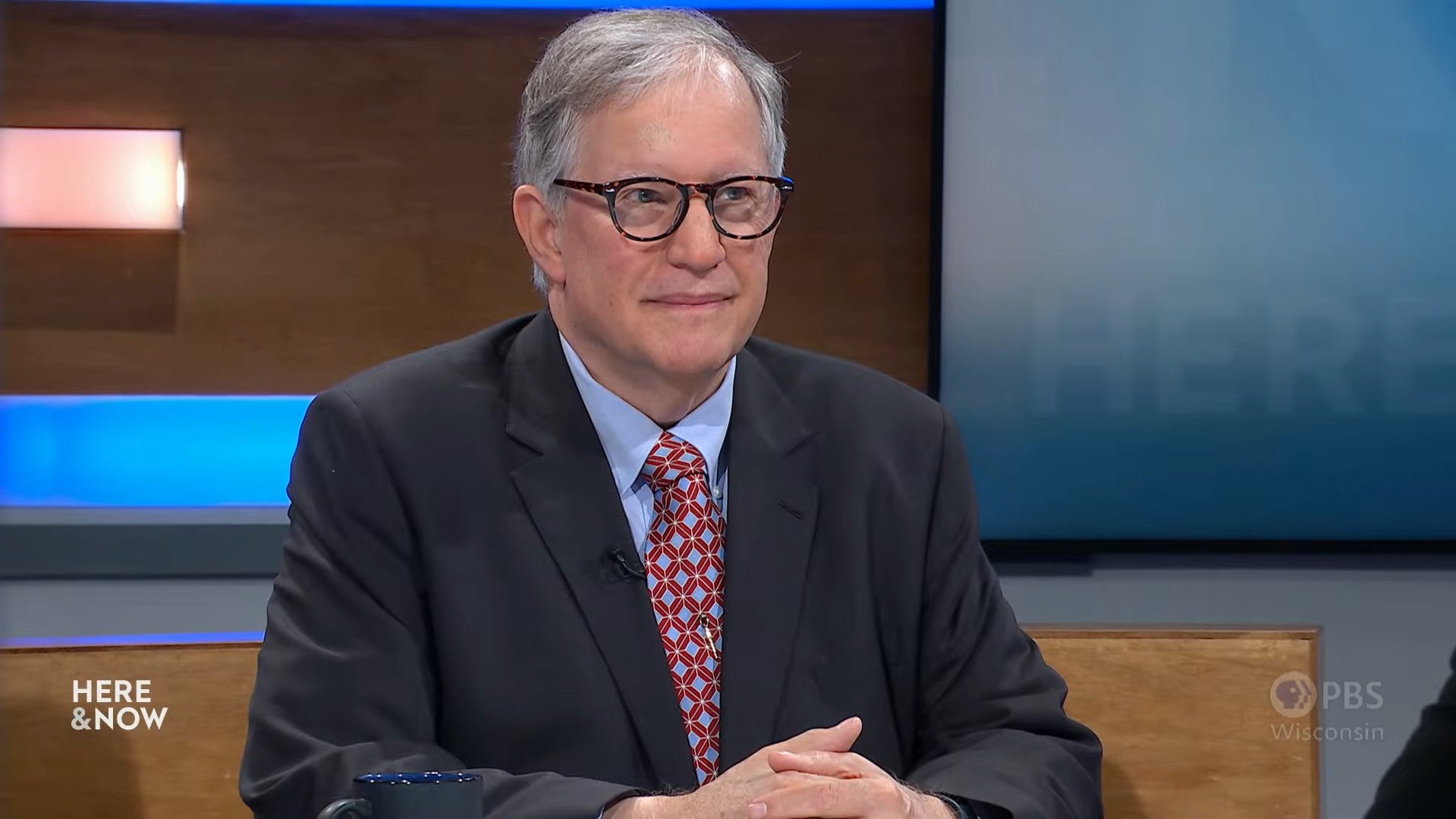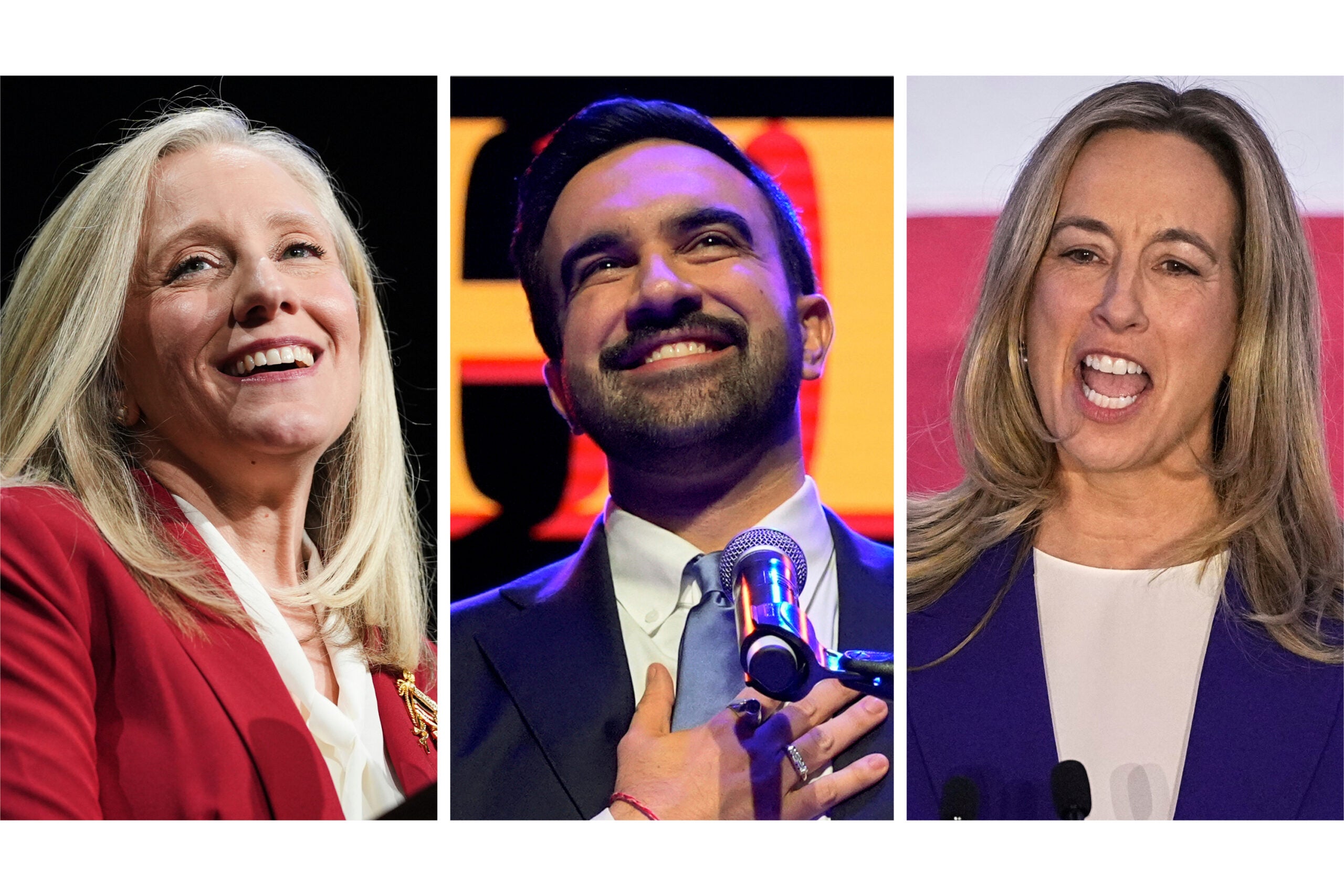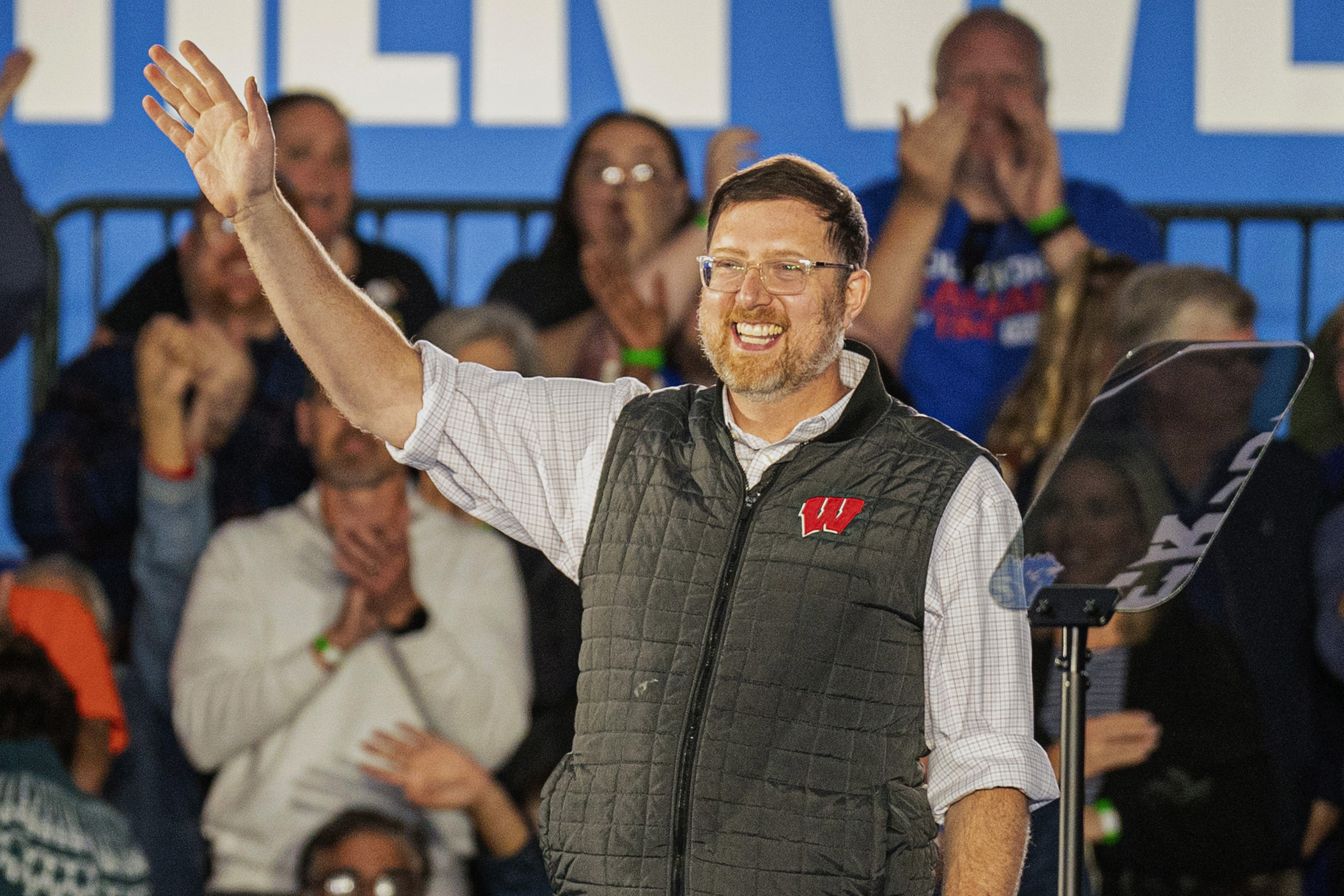Part of the reason Democrat Patty Schachtner’s upset victory in Tuesday’s special state Senate election turned so many heads is that she ran up the numbers in an established Republican stronghold.
St. Croix County is by far the largest county in the 10th state Senate District, and it’s grown more Republican over time as people moved out of the Twin Cities and across the Mississippi River to the suburbs in Wisconsin.
“People talk about Waukesha County in southeast Wisconsin as sort of being the Republican stronghold,” said conservative columnist Christian Schneider. “St. Croix County has been very much kind of the mini-Waukesha of northwest Wisconsin over the past 15 to 20 years.”
News with a little more humanity
WPR’s “Wisconsin Today” newsletter keeps you connected to the state you love without feeling overwhelmed. No paywall. No agenda. No corporate filter.
Schneider got to know the 10th state Senate District when he worked for former Republican Sen. Sheila Harsdorf from 2000 to 2007. He said losing St. Croix County seemed inconceivable, until Tuesday night.
“It was catastrophic for Republicans,” Schneider said.
Harsdorf carried St. Croix County since she was first elected in 2000. The county came home reliably for Republicans in presidential elections, including John McCain in the Democratic wave year of 2008.
It was against that backdrop that Schachtner won St. Croix County by 11 percentage points over Republican Rep. Adam Jarchow, which was similar to the margin in the overall Senate district.
“I think it is certainly the kind of indicator that we would usually see preceding a wave election,” said Marquette pollster Charles Franklin. “But more importantly it doesn’t stand alone.”
Franklin said that of the 84 special elections he’s tracked in the past year, the vast majority have moved in the Democratic direction.
Franklin said Democrats saw a similar swing in the 58th Assembly seat in southeast Wisconsin even though it was won by Republican Rick Gundrum.
Franklin said this will be the first election since 2006 in a mid-term when national forces have been working against Wisconsin Republicans, and he floated the prospect that other legislative seats could see a 20-point swing toward Democrats this November.
“That really would threaten Republican-held seats in Wisconsin and elsewhere that had been thought essentially safe,” Franklin said.
A “Wake-Up Call” For Walker
Almost immediately after Schachtner was declared the victor Tuesday night, Gov. Scott Walker was tweeting warnings, calling the race a “wake up call.”
He continued those warnings Wednesday, telling reporters that Republicans had their work cut out.
“That race is a wake-up call, certainly to me, to folks who work with me. It’s a wake-up call that we can’t just assume that everyone knows about the positive things we’re getting done for the people of Wisconsin,” Walker said.
Walker said he thought voters in the Senate race were driven by frustration with national politics, not state politics.
“I just think it’s frustration overall with Washington,” Walker said. “I think people look at Washington and they think there’s not as much getting done as maybe some people had hoped. And we need to distinguish ourselves from Washington.”
Not surprisingly, Walker’s Democratic opponents celebrated the news following a forum Wednesday in Madison, saying it showed the governor was beatable this year.
“There’s something in the air,” said former state Democratic Party Chair Matt Flynn. “I think there is a blue wave.”
“Once in a while, you get hope in your soul for this republic,” said state Rep. Dana Wachs, of Eau Claire. “I think we’re going to have a very promising 2018.”
“Gov. Walker is right to be concerned,” said former state Rep. Kelda Roys, of Madison. “When a smart, determined woman gets in the race, Republican men are going to lose.”
“Man, there’s discontent, and it’s running really, really strong,” said longtime activist Mike McCabe. “So that outcome didn’t surprise me at all based on what I’m hearing out there.”
Other Democrats running for governor include State Superintendent Tony Evers, Alma state Sen. Kathleen Vinehout, state Firefighter Union Chief Mahlon Mitchell, Milwaukee businessman Andy Gronik and Madison Mayor Paul Soglin.
Editor’s Note: This story was updated at 6:02 p.m. Wednesday, Jan. 17, 2018, with original reporting by WPR.
Wisconsin Public Radio, © Copyright 2025, Board of Regents of the University of Wisconsin System and Wisconsin Educational Communications Board.







